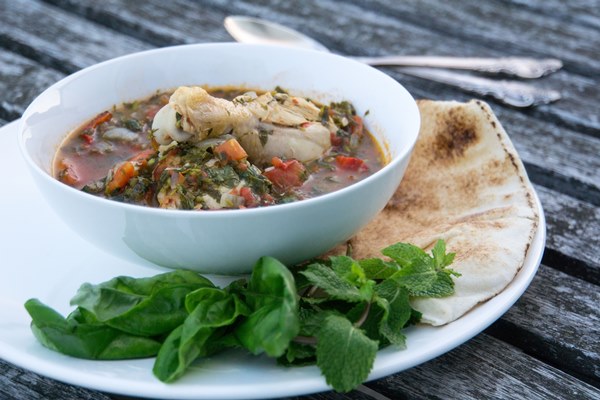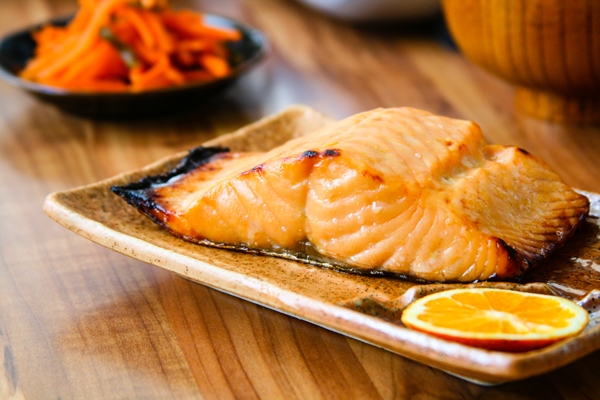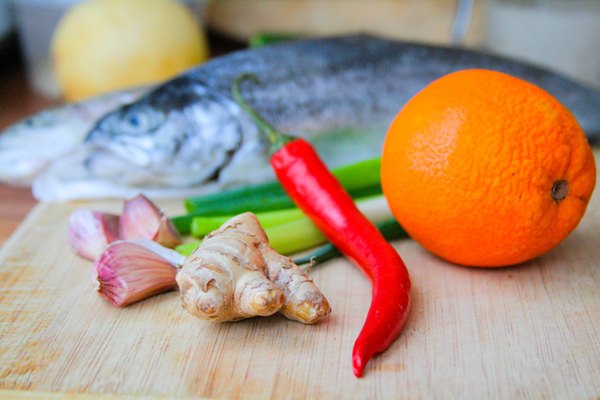Pumpkin Rice Pudding with a Millet Variation
The fall market in Ukraine is all about pumpkins–the delicate yellow squashes that resemble melons, orange rounds large enough to become Cinderella’s coach, elongated butternuts, green pebbly varieties with white flesh, and so much more. In the customary fashion of a Ukrainian market, the sellers offer small pieces of pumpkin to prove that theirs is the sweetest, the ripest and the most fragrant.

Sampling pumpkins at the market in Poltava, I realized that many varieties taste of violets. This floral-fruity note makes pumpkin an interesting ingredient in sweet and savory dishes. I like to roast pumpkin cubes tossed with garlic, chili and cumin as well as coated in honey and sprinkled with walnuts. I make minestrone with beans and bacon–or use pumpkin in delicate pureed soups with pears and cardamom. Its flavor is subtle, but it’s surprisingly assertive.

















Joi in Giorgio Armani Mania : Long Lost Favorite Perfume: Yes!! January 25, 2024 at 2:54am